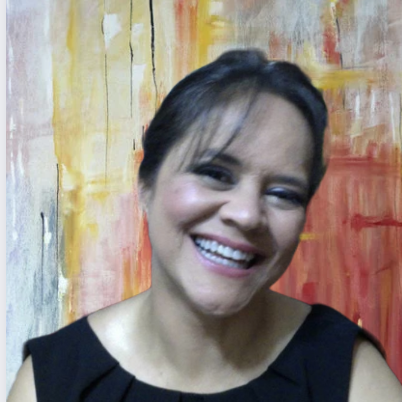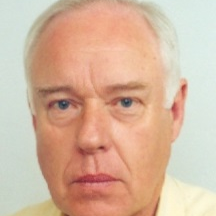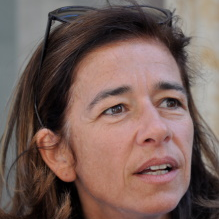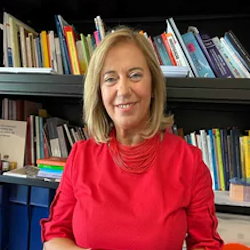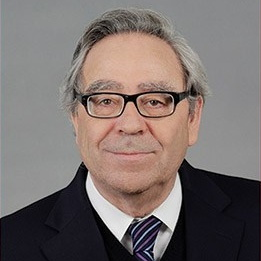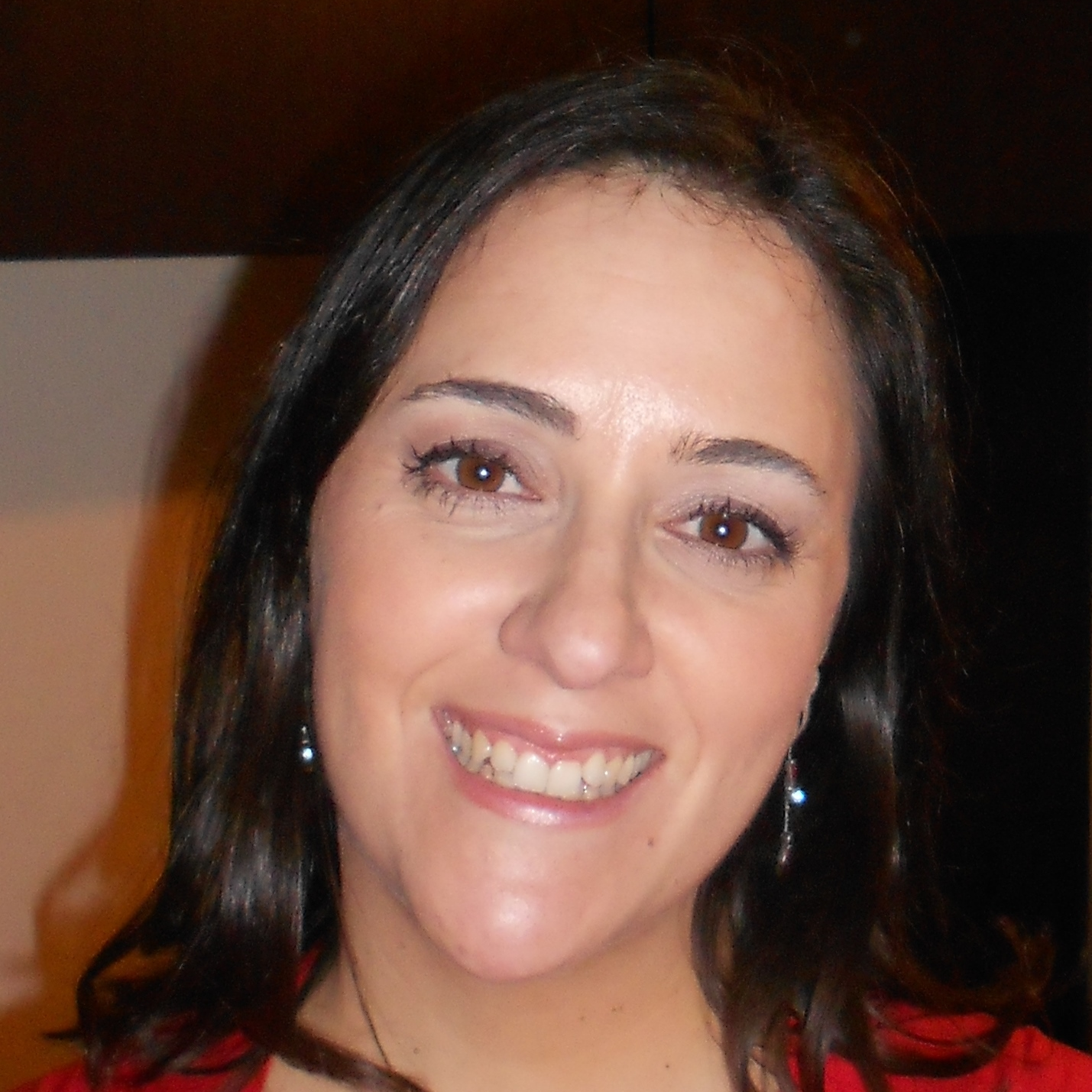
Instituto Jurídico Portucalense
Instituto Jurídico Portucalense
Persons
welcome to our research group!
Within the Persons group, the central focus is the complexities of the human condition. The research from the group delves into the individual from various perspectives, such as human existence; evolution in progress, family dynamics, social interactions, the intersections of legal, biological, ethical, and moral considerations, among others. Emphasis on issues related to safeguarding human rights and defending minorities and vulnerable people in general, as well as sustainable development and digital challenges in consumption and their impact on consumer behaviour in defence of their interests.
Research Team
Integrated Researchers
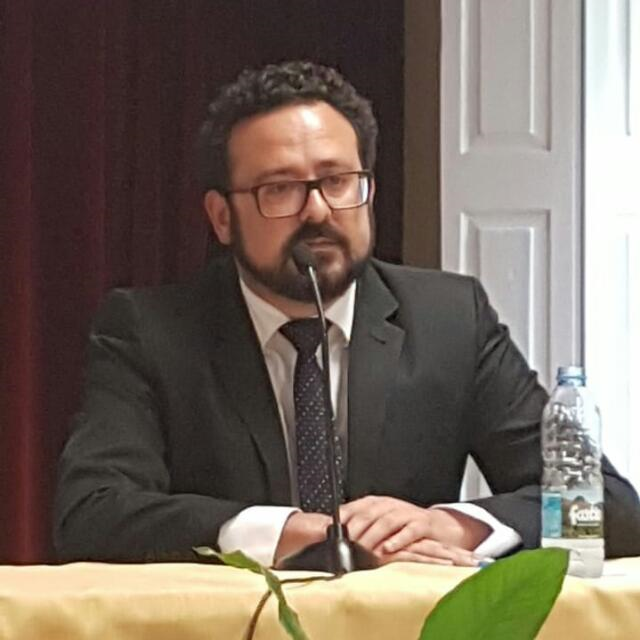
Doglas Cesar Lucas
UNIJUI Brasil
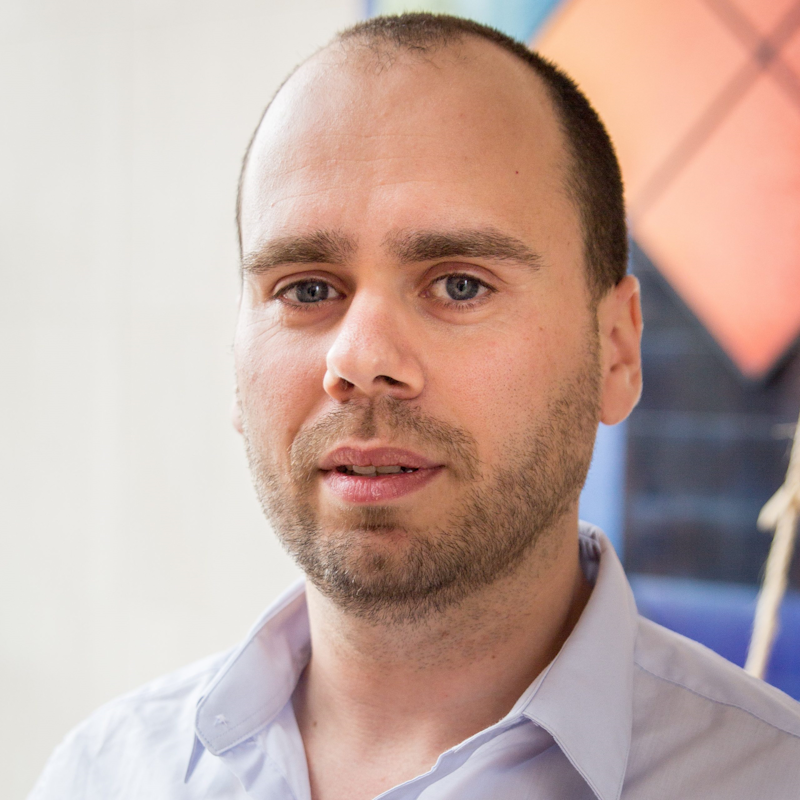
Luis Oliveira Mota
IPLeiria

María Esther Martínez Quinteiro
UPT/University of Salamanca
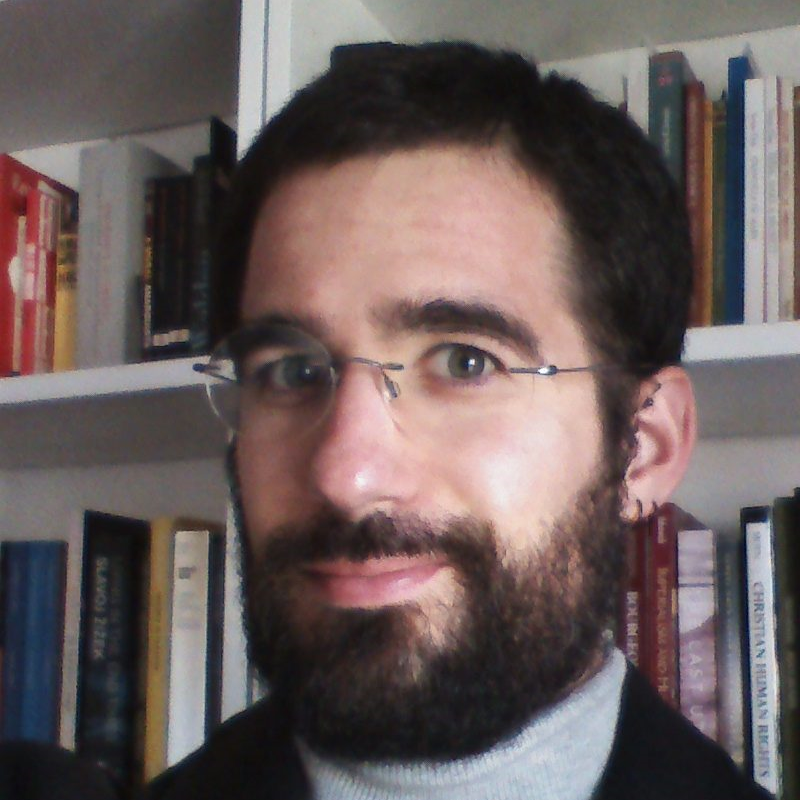
Miguel Régio de Almeida
IPLeiria

Susana Almeida
IPLeiria
Collaborating Researchers
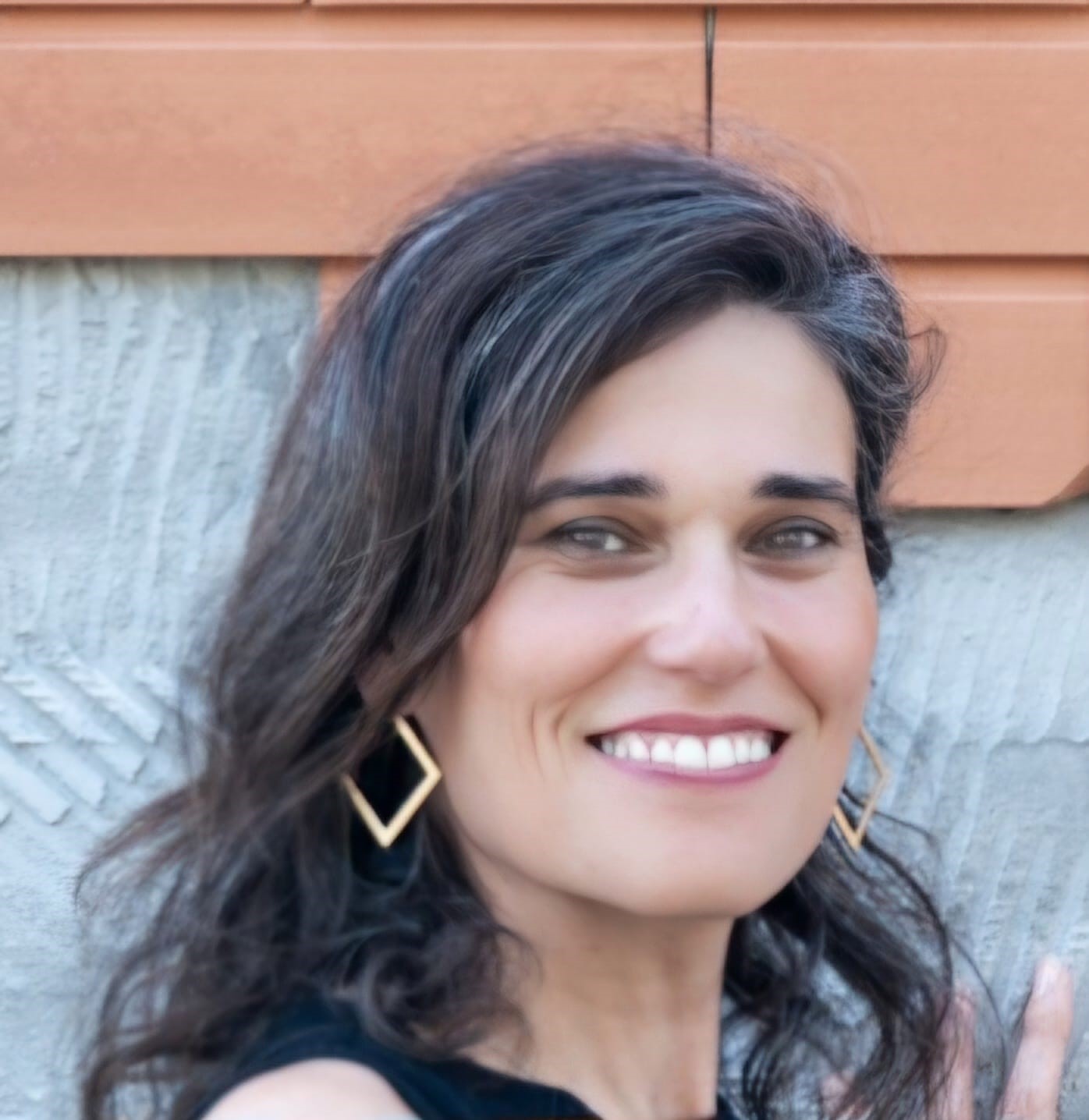
Filomena Carvalho
IPLeiria
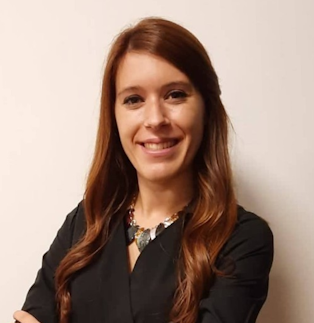
Isa Pinto Pereira
UCoimbra

João Pedro Assis
IPL-ISCAL (Lisboa)
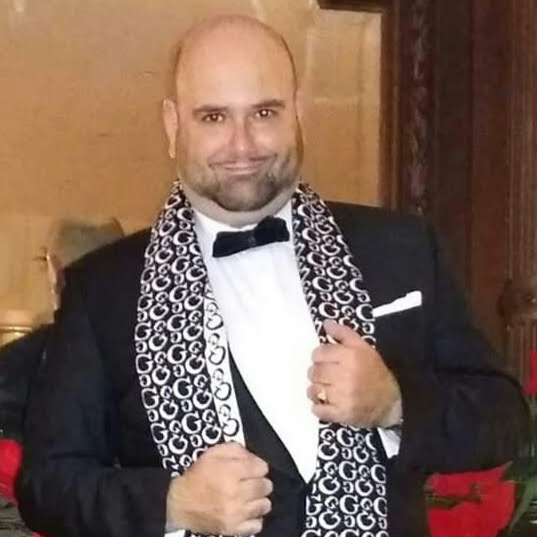
João Proença Xavier
Universidade de Salamanca (USAL)
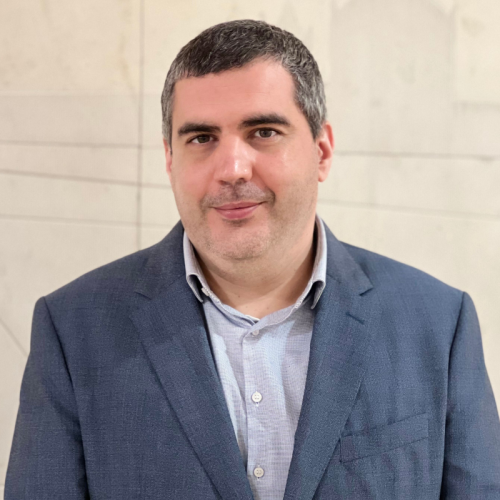
Jorge Leite
UPT

Jorge Rodrigues
IPL-ISCAL (Lisboa)
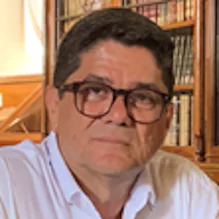
José Euclimar Menezes
Universidade Salvador (UNIFACS - Brasil)

Micaela Pinho
UPT
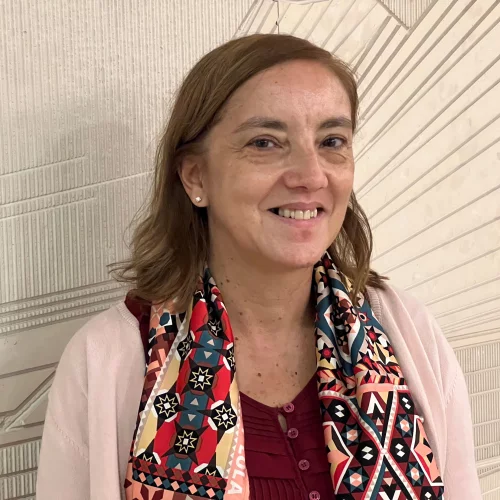
Natércia Durão
UPT
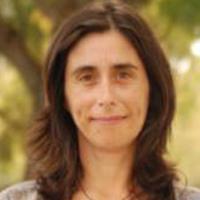
Patrícia Rocha
IPLeiria

Paula Castro Silveira
IPL-ISCAL (Lisboa)
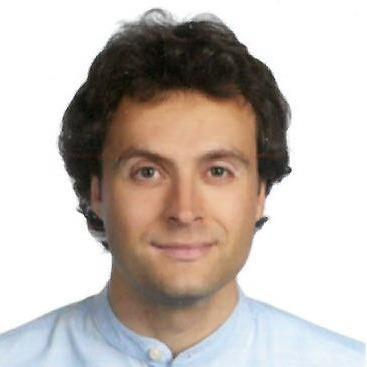
Pedro Garrido Rodriguez
Universidade de Salamanca (USAL)
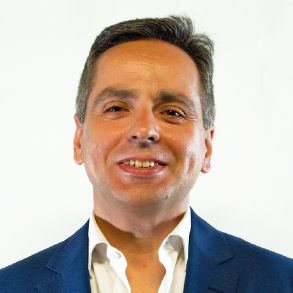
Rui Fonseca
ISEC - Lisboa
